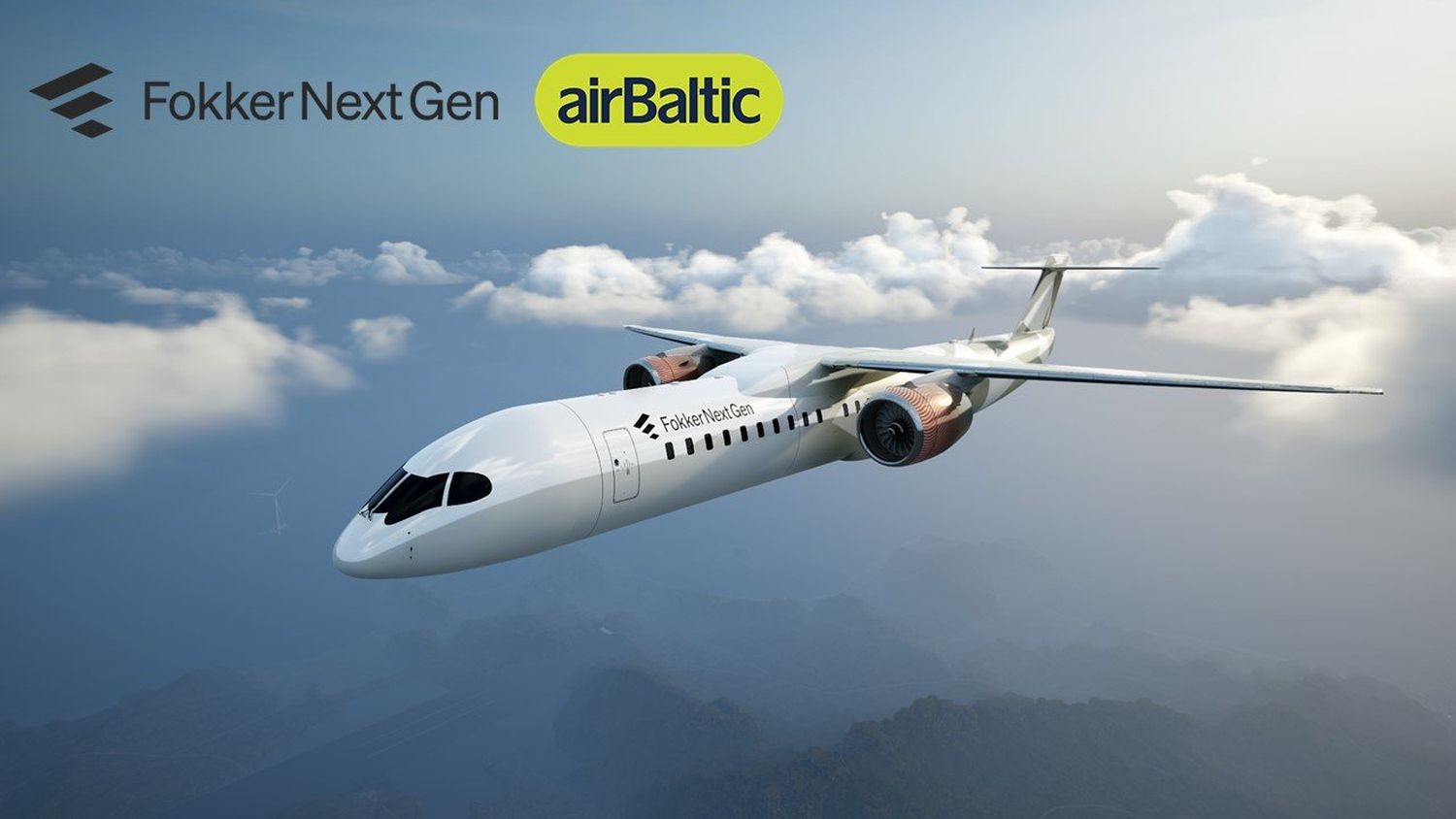Fokker Next Gen and airBaltic Sign MoU to Develop Hydrogen-Powered Aircraft
Fokker Next Gen N.V., a Dutch-Latvian aircraft manufacturer, has signed a Memorandum of Understanding (MoU) with Air Baltic Corporation AS, Latvia’s national airline, to collaborate on developing a commercial aircraft powered by liquid hydrogen. This agreement marks a step in the aviation industry’s ongoing efforts towards sustainability.
Under the MoU, airBaltic will provide insights to Fokker Next Gen on the practical deployment of hydrogen-powered aircraft suitable for its routes. Martin Gauss, President and CEO of airBaltic, stated, «We are glad to sign this MoU and collaborate with Fokker Next Gen by sharing our insights and expertise in their work to develop a hydrogen-powered aircraft.»
Gauss also noted the broader industry context, emphasizing the importance of collective efforts in technology development to achieve long-term environmental goals.
Fokker Next Gen is actively working on the design and certification of a liquid hydrogen fueled aircraft that would also accommodate sustainable aviation fuel (SAF) or kerosene. This design aims to provide operational flexibility in fuel use during the transition to greener energy sources.
It will be a 120-150 seat narrowbody aircraft with a range of up to 2,500 km. Entry into service is planned for 2035.
Juriaan Kellermann, CEO of Fokker Next Gen, discussed the economic and technological benefits of the partnership, stating, «Our joint effort not only propels forward innovative aircraft design, informed by direct user feedback, but also boosts the Dutch and Latvian economies.» He underscored the collaboration’s role in advancing aviation technology.
Environmental Commitments
Aligning with broader industry and European Union objectives, airBaltic has committed to achieving carbon neutrality by 2050. The airline continues to explore innovative solutions and implement best practices to enhance its operational excellence and reduce its environmental footprint.
The partnership between Fokker Next Gen and airBaltic aims to leverage both companies’ strengths to explore the potential of liquid hydrogen for commercial aviation, an essential part of the sector’s push towards reduced carbon emissions.


Comentarios
Para comentar, debés estar registrado
Por favor, iniciá sesión